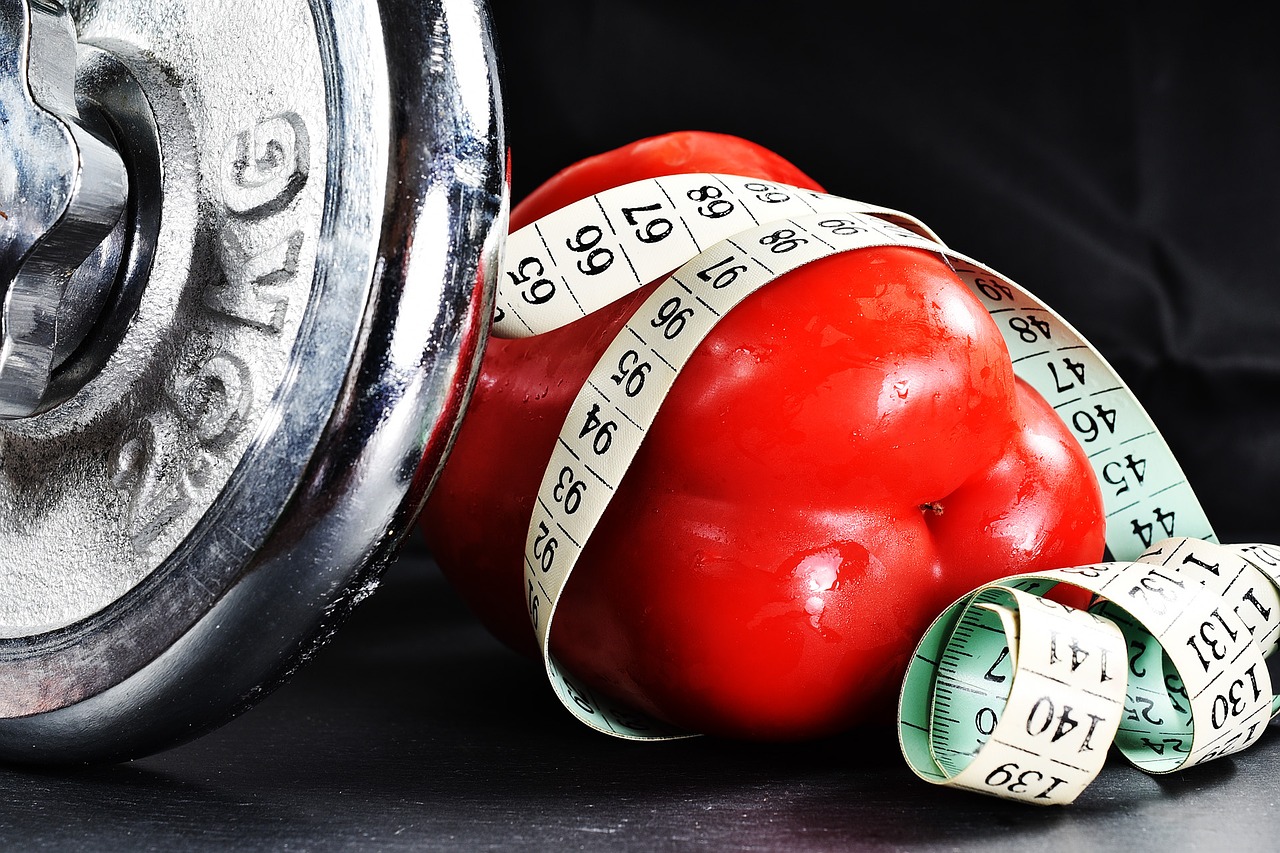Are you a woman over 40 and noticing it’s getting harder to lose weight? Have you noticed a little extra cushioning on your bottom, belly, and hips and increased difficulty losing those stubborn extra pounds? Maybe you’re finding that the diets you did in your 20’s or 30’s don’t work as fast as they used to or don’t even work at all.

You are not alone. This is a common problem that women face as they are entering perimenopause and menopause. As a woman over 40, I understand your concerns BUT I also know that it is possible to achieve a healthy weight at this time of our lives.
Yes, ladies, “Middle Age Spread” is a real thing. , Luckily, there are several simple strategies for success that can help you lose belly fat and banish extra weight even after age 40. In this article, you’ll learn why it can be difficult to lose weight during midlife, what the risks of excess weight are, and how to lose weight with some simple, natural, dietary and lifestyle strategies.
Why Is It So Hard to Lose Weight After 40?
In your forties, your activity levels change, your metabolism slows down, your belly fat increases, and your muscle mass changes. As a result, losing weight may become more difficult than before. And all these factors are interdependent, so paying attention to all of them will yield the best results.
Being Less Active.
Many of us just slow down with age and exercise less. This is just bad all around. Here’s why:
Like many women, you may be putting others first and simply not finding time to exercise. You may also notice that your joints can no longer handle the same activities as before. However, a lack of exercise can lead to muscle loss and fat gain.
As you enter your forties, you are also entering perimenopause, when levels of your sex hormones progesterone and estrogen decline. Besides regulating your menstrual cycle and reproductive functions, these hormones also impact restful sleep and relaxation. A decrease in progesterone and estrogen levels may lead to sleep disturbances, restlessness, and insomnia. Because changes in sleep patterns have been associated with weight gain, sleepless nights may make weight loss increasingly difficult.
Metabolism
Your metabolic rate does decline as you age. however, it is not as drastic as you may think. Between the ages of 20 and 30, your metabolism only decreases 1 to 2% per decade. Beyond that, as you age above 40, your metabolism reduces approximately 3 to 5% per decade. The reason for weight gain as we age is more because of a decrease in physical activity, an increase in toxins, an increase in muscle loss and hormone changes.
Fat Storage
In your forties, your body may have an increasingly difficult time digesting carbohydrates, which may lead to weight gain. Living a stressful life can lead to an increase in the stress hormone called cortisol, which can make you more prone to gaining belly fat. Estrogen loss may also lead to fat redistribution in your body and cause belly fat gain.
Muscle Loss
Hormonal changes are one of the main reasons that women tend to lose more muscle as they approach menopause. Diet and exercise also play a role. On average, adults lose 3 to 8 percent muscle every decade after age 30. By the time you reach 80, you may have about 30 percent less muscle than you had at age 20. Muscle loss over time can lead to slower RMR, increased fat, weight gain, weakness, and fractures.
Why Bother?
You may wonder if you should even try to lose weight in midlife. Shouldn’t you just accept weight gain during menopause as part of life? The answer is “No!” While accepting and loving your body is important, achieving and maintaining a healthy weight as you are reaching menopause is not about how you look. Excess weight in later life holds a variety of dangers to your health and well-being. Losing excess weight, and especially belly fat may significantly decrease your risk of a variety of health issues, including:
- Prediabetes
- Type 2 diabetes
- Fatty liver
- Breathing disorders
- Dementia
- High blood pressure
- Heart disease and stroke
- Cancer
- Kidney disease
- Sleep apnea
- Chronic fatigue
- Osteoarthritis
- Thyroid problems
- Premature aging and early death
What Can You Do
The good news is that weight loss and maintaining a healthy weight is absolutely possible in midlife. All you need to do is to follow a few simple healthy diet, lifestyle, and mindfulness strategies.
Eat less added sugar, processed food and refined grains (white bread, bagels, pasta, white rice, you know the drill). A lot less. According to the sugar science department at UCSF, added sugar is hiding in 74% of all packaged food. This means reading labels folks and knowing how many different names there are for sugar. Just because it’s called “agave nectar” or “cane juice crystals” doesn’t mean it’s any better for you than the white granulated stuff. Your body doesn’t know the difference and once you eat it, it’s all the same to your pancreas (the organ that produces insulin in response to sugar).
Exercise More.
Contrary to what your body may want to do, you must exercise more regularly as you age, not less! If you’re finding yourself slowing down, gradually start ramping it back up. It’s not a good idea to go from taking an occasional walk to running a 10K. That’s a fast track to getting an injury. But start finding ways to fit more physical activity to your life. The more you exercise, the more insulin sensitive you become (that’s the opposite of insulin resistant!)
More aerobic exercise.
You can add intervals with spurts of higher intensity work. This is great if you can’t do longer workouts. Or, you can go longer, gradually trying to add more intensity as you.
More weight training. 
Listen up, ladies. You NEED this. Remember, we naturally lose muscle as we get older. The only way to get it back is to build it. The sooner you start, the better.
Keep a food journal or use an app to track what you eat.
As we get older, our metabolisms naturally slow down. That means you need less food. If you’re still eating as much as you did in your 30’s, you’ve probably had to buy a whole new wardrobe or 2 by now. Apps like “My Fitness Pal” or “Lose It” help to make weight loss goals easier by keeping you on track. Or you can go old school and write everything down then look up the calories. Not all calories are created equal, but one is for sure, taking in more than you burn leads to more body fat.
Pay attention
To how you feel after eating certain types of foods and notice what makes you good and what makes you feel crappy.
Take probiotics to aid in digestion.
Eat more anti-inflammatory foods. High in omega-3s, along with garlic, turmeric, cocoa, tea, and berries.
Eat more high-quality protein. Higher protein diets have been shown to help with weight loss.
Eat more soluble fiber. It fills you up so you feel less hungry, it can increase insulin sensitivity and you know the other reason.
Sleep more and stress less. Easy, right? This may be the hardest part. There are plenty of things you can try. Melatonin and or magnesium at night. Massages. Yoga. Meditation. Hot baths before bed. Blackout windows and cooler temperature in your bedroom. Keep your phones and tabs away.

Remember Why!
This is for your health, not your looks. Excess weight can increase the risk of inflammation, pain, and disease. As you get healthier, you will have more energy for your family, friends, and activities you love. You may be approaching midlife, however, the best is yet to come! If you follow these simple dietary, lifestyle, and mindfulness strategies, you can lose weight in midlife and face your future in your best shape yet.




Recent Comments